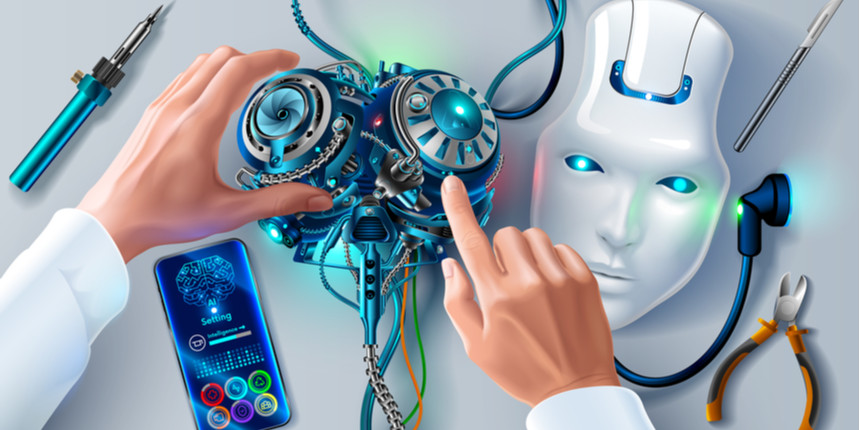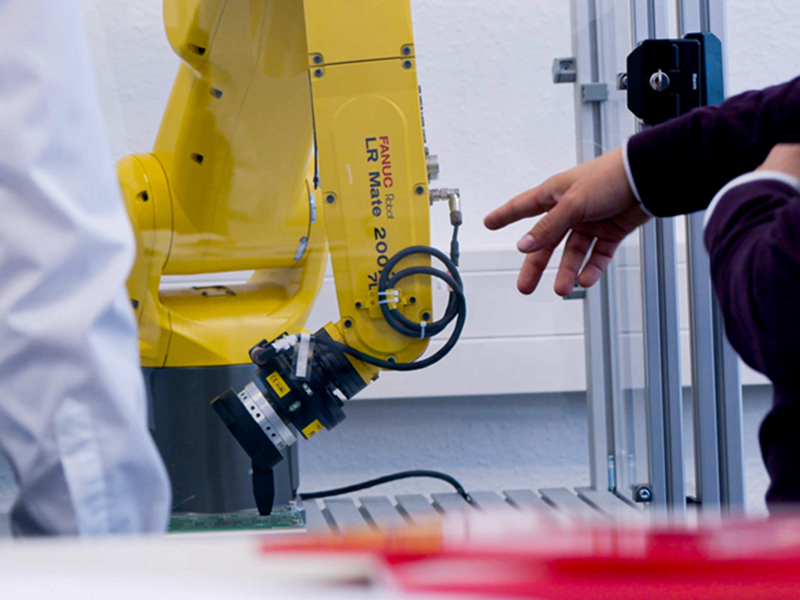What are the ethical implications of deploying AI systems in decision-making processes, especially in critical areas such as healthcare and criminal justice? How can we ensure accountability and transparency in these systems?How do we address the challenge of bias in ...
Robotics offers a range of promising career options due to its growing importance in various industries. For example, Robotics Engineer: These professionals design, build, and maintain robotic systems. They may specialize in mechanical design, electrical engineering, or software development. Their wRead more
Robotics offers a range of promising career options due to its growing importance in various industries. For example,
Robotics Engineer:

These professionals design, build, and maintain robotic systems. They may specialize in mechanical design, electrical engineering, or software development. Their work is crucial in developing robots for diverse applications, from manufacturing to healthcare.
Mechatronics Engineer:

Combine principles of mechanical, electrical, and computer engineering to design and build intelligent systems and robotic devices. They work on integrating mechanical systems with electronics and computer control systems.
Robotics Consultant:

Advise businesses on how to integrate robotics into their operations. They assess company needs, recommend solutions, and help implement robotic systems to improve efficiency and productivity.
Robotics Software Developer:

Focus on creating software applications and control systems for robots. They develop the code that allows robots to perform tasks, interact with their environment, and integrate with other systems.
Entrepreneur in Robotics:
Start your own business focused on developing innovative robotic solutions. Entrepreneurs in this field create new products, launch startups, and bring cutting-edge robotics technologies to market.
See less
Deploying AI in decision-making, particularly in healthcare and criminal justice, raises significant ethical concerns. In healthcare, AI can enhance diagnostics and treatment but may also lead to decisions that lack human empathy. In criminal justice, AI could perpetuate existing biases, leading toRead more
Deploying AI in decision-making, particularly in healthcare and criminal justice, raises significant ethical concerns. In healthcare, AI can enhance diagnostics and treatment but may also lead to decisions that lack human empathy. In criminal justice, AI could perpetuate existing biases, leading to unjust outcomes.
Ensuring accountability and transparency is crucial. This can be achieved through stringent regulatory frameworks, regular audits, and clear documentation of AI systems’ decision-making processes. Transparent algorithms and open data practices allow stakeholders to understand how decisions are made.
Addressing bias in AI models is vital to prevent harm to marginalized communities. Bias can arise from unrepresentative training data or flawed algorithmic design. Identifying bias requires diverse datasets and continuous monitoring. Techniques like fairness-aware machine learning and adversarial testing can help.
Effective mitigation strategies include:
1. Diverse and inclusive data collection to ensure representation.
2. Bias auditing tools to detect and measure bias.
3. Algorithmic transparency to allow for external review.
4. Involving ethicists and community representatives in the development process.
Regularly updating models and incorporating feedback loops can also help in adapting to changing societal norms and reducing bias over time.
See less